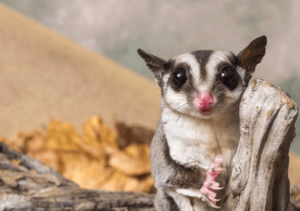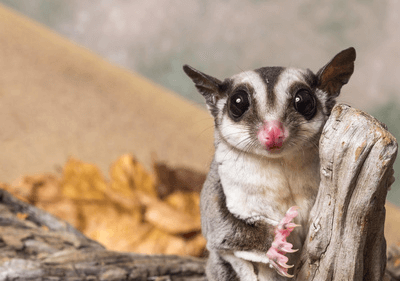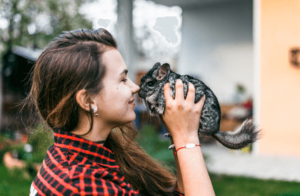The cuteness of pocket pets melts the hearts of animal lovers (and even some non-animal lovers.) Over the years, pocket pets have become a popular choice for families who want a pet but may not have space for a larger animal. They are also popular for families who want a fur baby but have allergies to cats or dogs.
What kind of pet is considered a pocket pet?
Hamsters, rats, mice, ferrets, rabbits, guinea pigs, chinchillas, sugar gliders, sugar bears, and other animals from the rodent family are classified as pocket pets.
How to care for pocket pets:
- One mistake some families make is to assume that since the pocket pet is smaller, it requires less work. That is not the case. There is still plenty of work involved. Unless your family is committed to spending time caring for a pet, please do not get a pocket pet.

- Each type of pocket pet will require a different type of cage. Research the kind that will help your particular kind of pet thrive.
- Clean the cage and bedding every week to keep the little guy’s home clean and sanitary. Each type of pocket pet prefers a different kind of bedding. Be sure to research the type of bedding your pocket pet needs.
- Each type of pocket pet has different nutritional needs, too, so be sure that you are buying food that is specifically for your pet.
- For most pocket pets, a hanging water bottle on the side of the cage is best since it keeps the drinking water clean.
- Take your pocket pet for regular check-ups. Their health requires the same attentive care that any other pet would.
If you are in need of a veterinarian for your pocket pet, Dr. Miller and his team are available at two locations for your sweet bundle of cuteness! Call today for an appointment at either Durham Animal Hospital or North Churton Animal Hospital.







